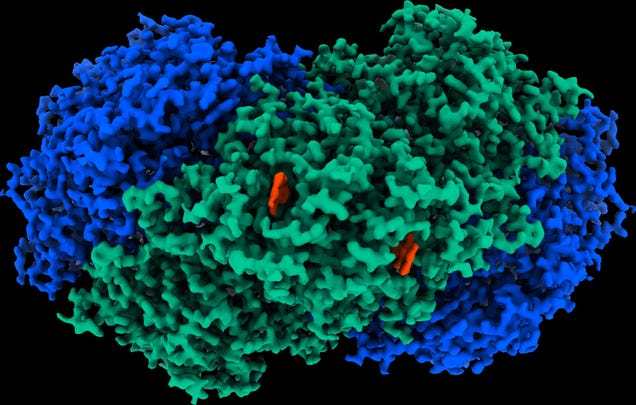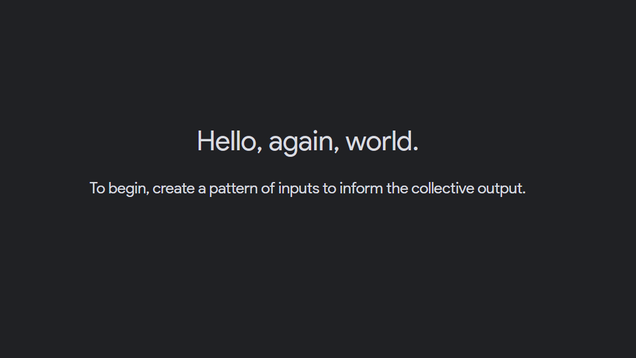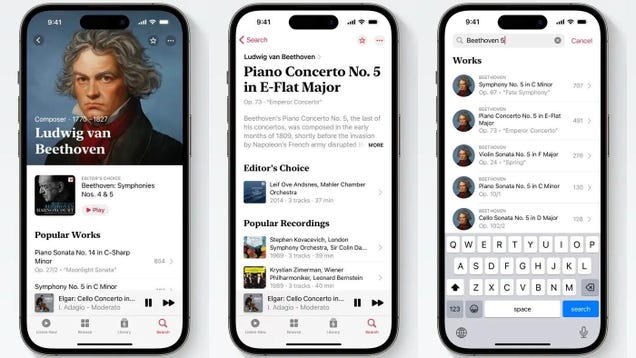
While Twitter deals with daily chaos and mounting debt, its biggest competitors are thinking they can do tweet storms even better than the ol’ blue bird. On Friday, Meta confirmed that it was working on a new stand-alone app for sharing Twitter-like messages.








